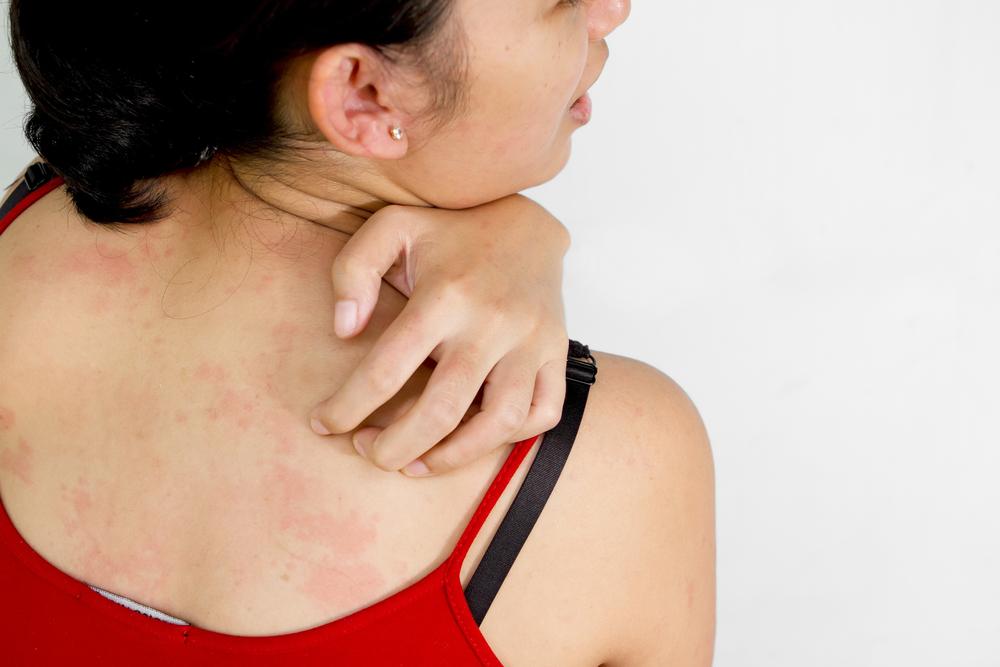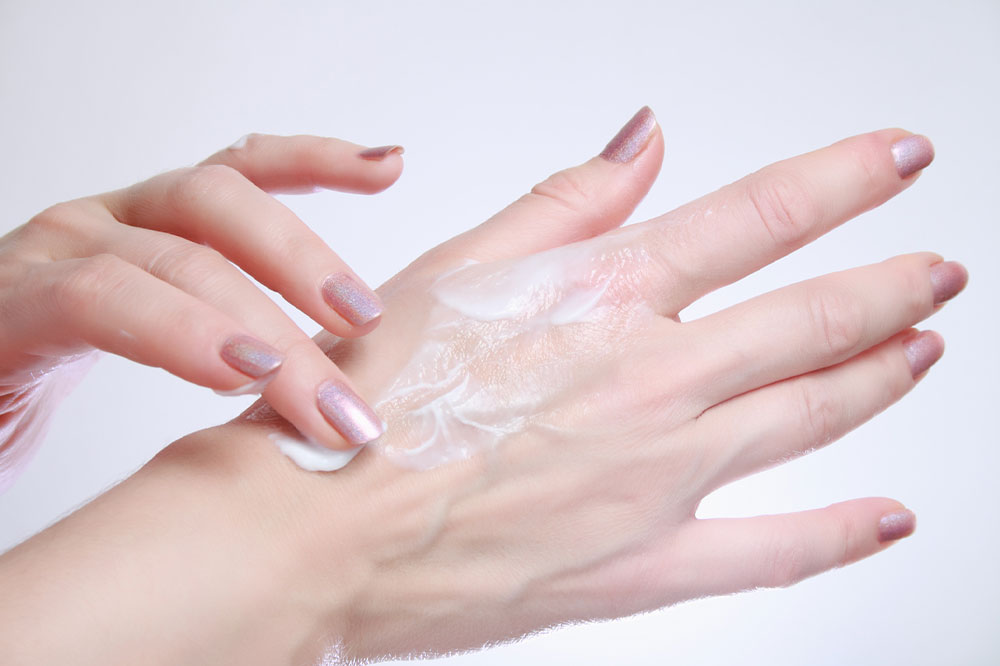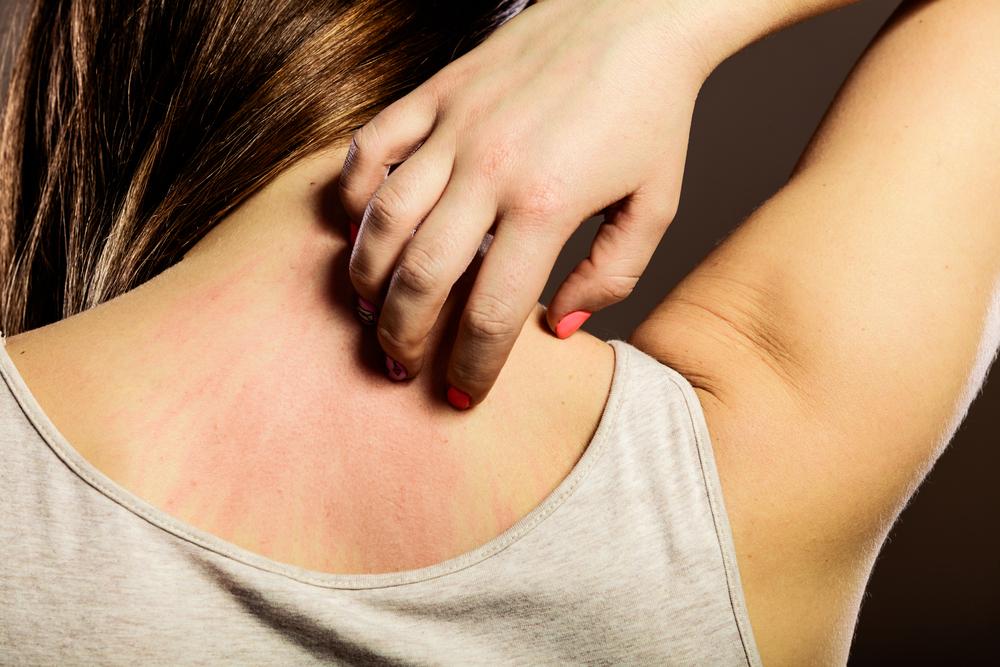Understanding Eczema: Causes, Symptoms, and Management Techniques
Eczema, or atopic dermatitis, is a widespread skin condition characterized by inflammation, itching, and dryness. Causes include genetic factors, environmental triggers, and immune system issues. Symptoms range from itchy patches to cracked skin and may lead to infections. Preventive measures such as moisturization, trigger avoidance, and gentle hygiene are vital. Seeking professional medical advice ensures effective management. This guide offers insights into understanding and controlling eczema for healthier skin at any age.

Understanding Eczema: Causes, Symptoms, and Management Techniques
Eczema – An Overview of Causes, Symptoms, and Treatment Options
Eczema, medically known as atopic dermatitis, is a common inflammatory skin condition impacting millions worldwide. It often coexists with allergies like hay fever and asthma. Around 17.8 million Americans suffer from this condition, which commonly causes red, itchy patches on the cheeks, arms, and legs. While more prevalent in children, eczema can develop at any age and is not contagious.
What Contributes to Eczema?
Typically, healthy skin forms a barrier against irritants, allergens, and bacteria while retaining moisture. In eczema, genetic variations weaken this barrier, making the skin vulnerable. Factors such as food allergies, environmental exposure, genetic predispositions, immune system irregularities, and dry climates can incite eczema occurrences. Excessive hand washing and harsh living environments may also contribute.
Identifying Symptoms of Eczema
Eczema symptoms usually appear before age five but can persist or flare throughout life. Symptom intensity varies; common signs include:
Small, fluid-filled bumps that may leak when scratched
Intense itching, often worse at night
Dry, rough skin
Discolored patches on the face, scalp, or affected areas like hands, feet, elbows, knees, and neck
Thickened, flaky, or cracked skin
Increased skin sensitivity due to scratching
Visual references online can aid in recognizing eczema's appearance.
Potential Complications
Repeated scratching can break the skin, raising infection risks from bacteria, viruses, or herpes simplex. People in professions involving harsh chemicals may experience irritant hand dermatitis. Many children with eczema develop asthma or hay fever later. Chronic itching can also lead to sleep disturbances and skin thickening. Allergic contact dermatitis often accompanies eczema, further complicating the condition.
Preventive Measures
Regularly moisturize skin with suitable creams or ointments twice daily to maintain hydration.
Identify and minimize exposure to triggers such as stress, harsh soaps, dust, pollen, and sweat.
Review dietary habits; foods like milk, eggs, wheat, and soy may worsen symptoms in children. Consult your doctor for allergies.
Limit long, hot showers; opt for warm water and brief baths.
Use gentle, fragrance-free cleansers to avoid skin irritation.
Gently pat the skin dry instead of rubbing, and apply moisturizer while damp.
Consider diluted bleach baths to reduce bacterial buildup and prevent flare-ups, soaking affected areas for about 10 minutes twice weekly.
As the exact cause of eczema remains elusive, consulting a healthcare professional for tailored treatment is essential. Following medical advice can significantly help manage symptoms effectively.
Note:
This article provides general information on eczema, highlighting causes, symptoms, and management tips. It aims to support readers in understanding the condition but should not replace professional medical advice. Always consult a healthcare provider for diagnosis and personalized treatment plans.









